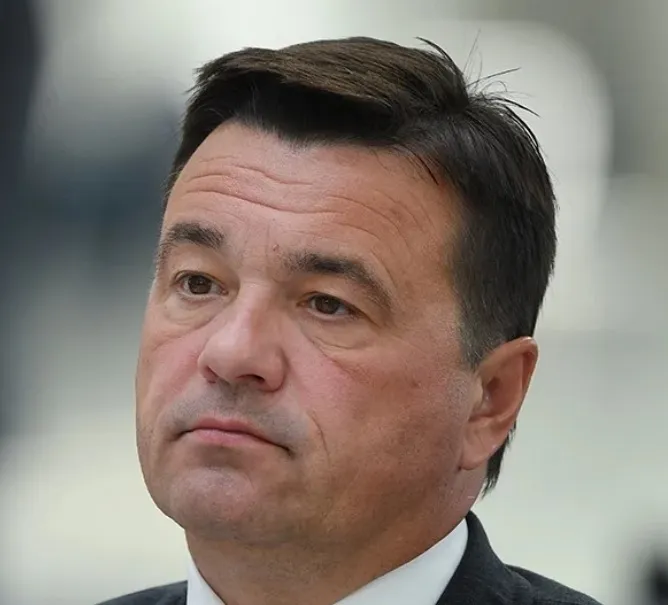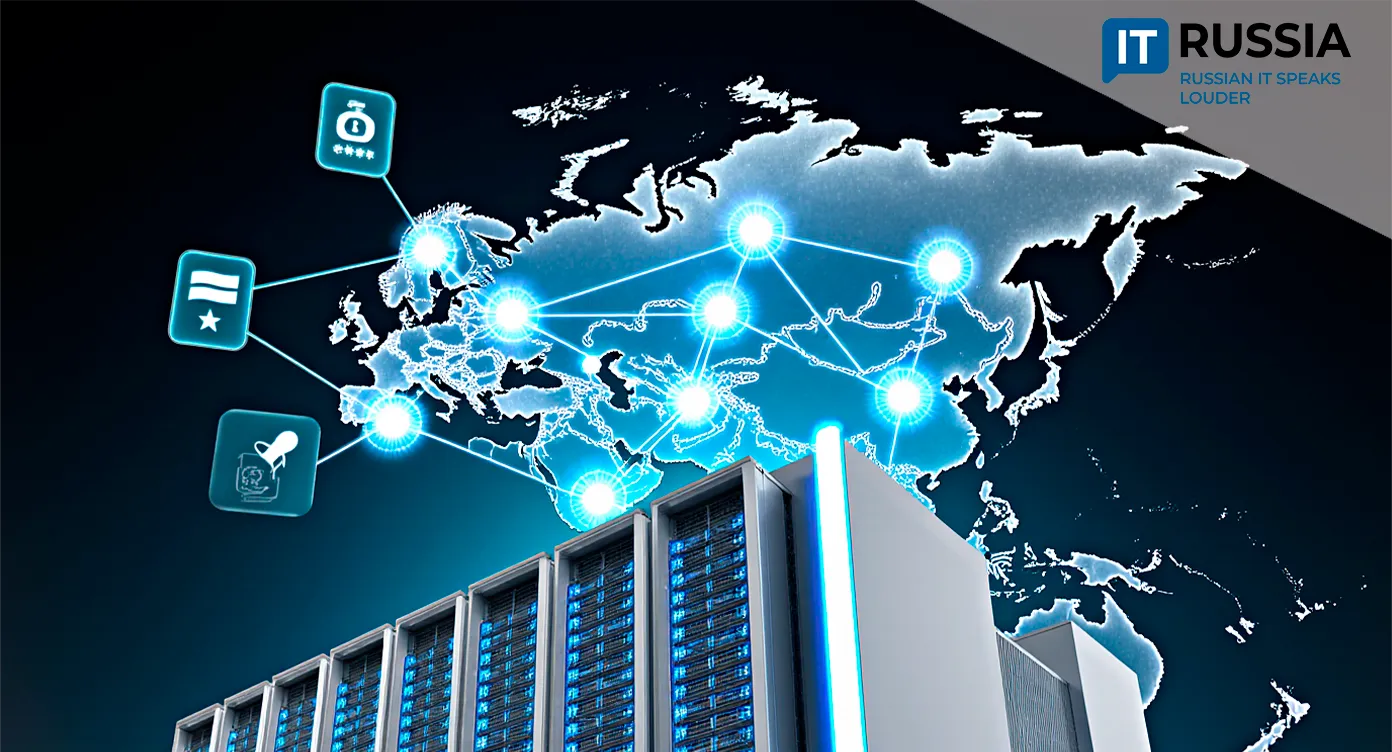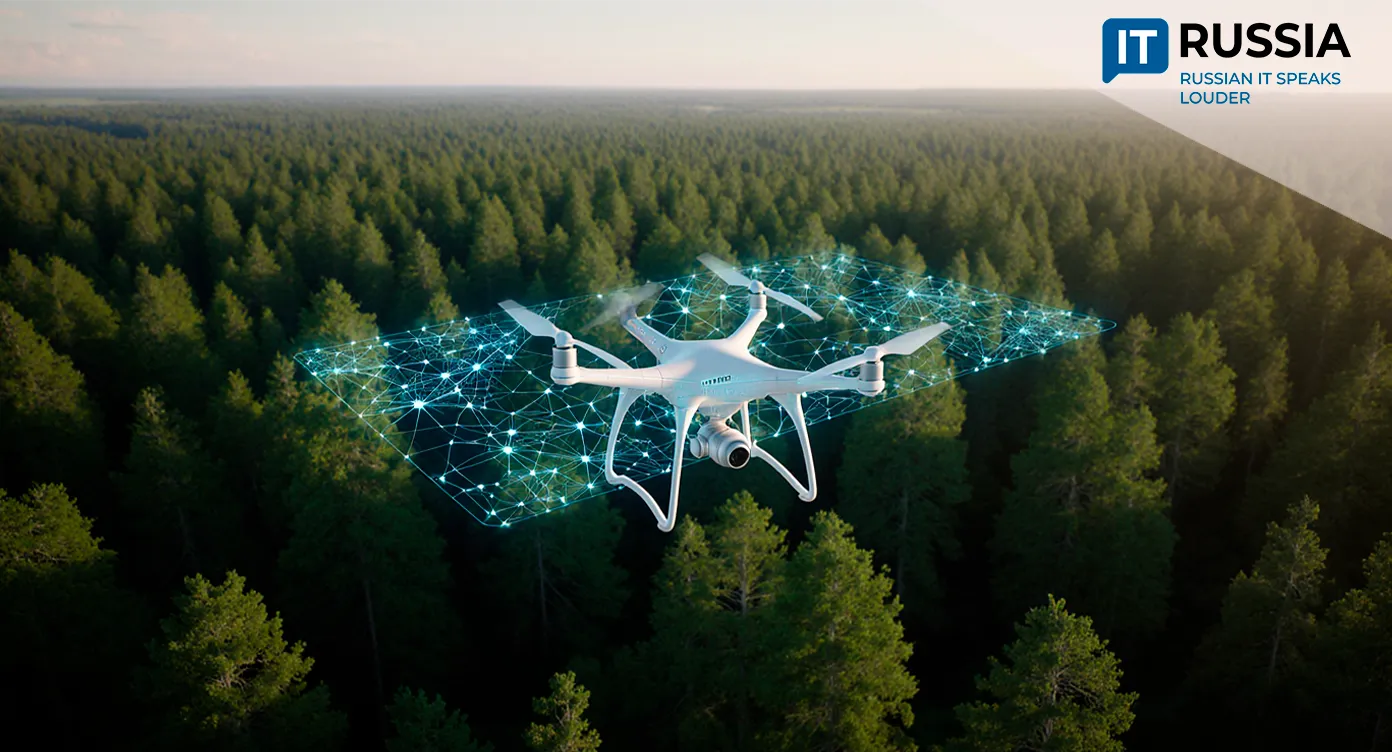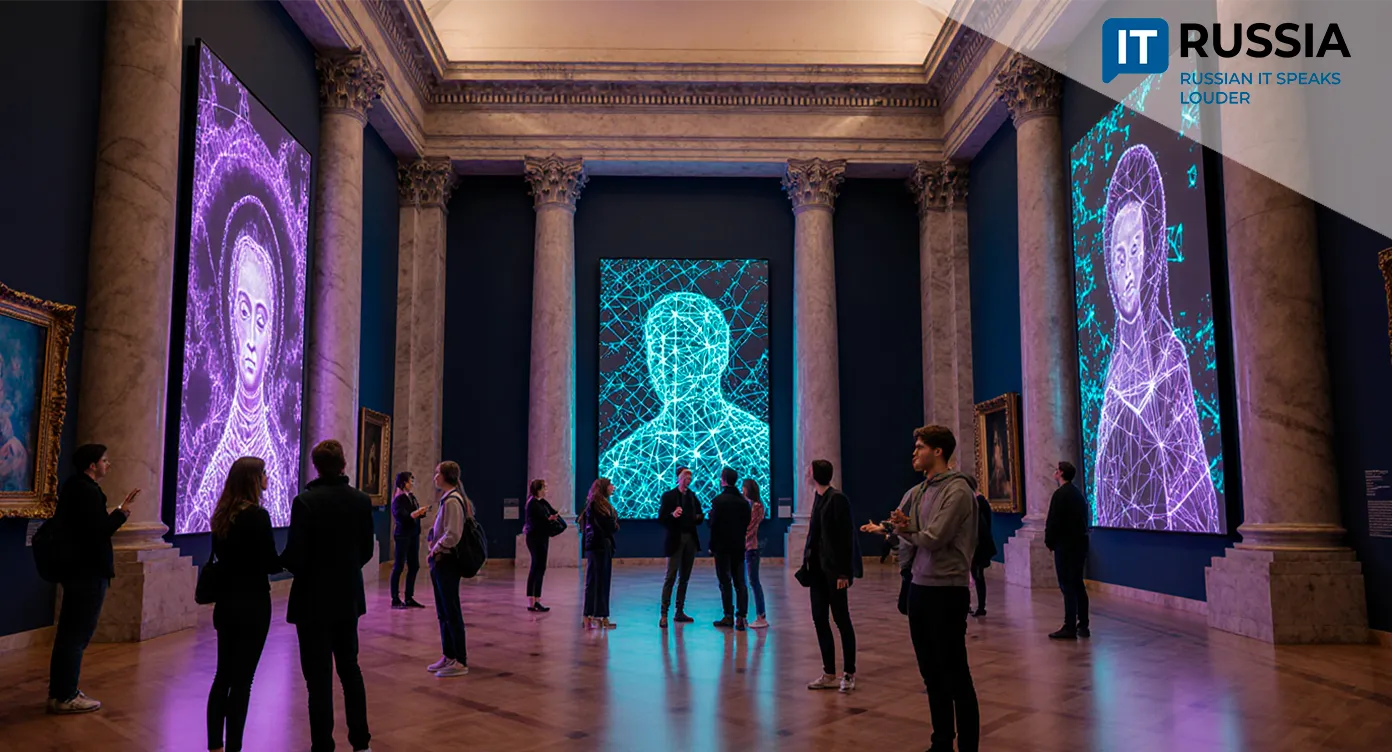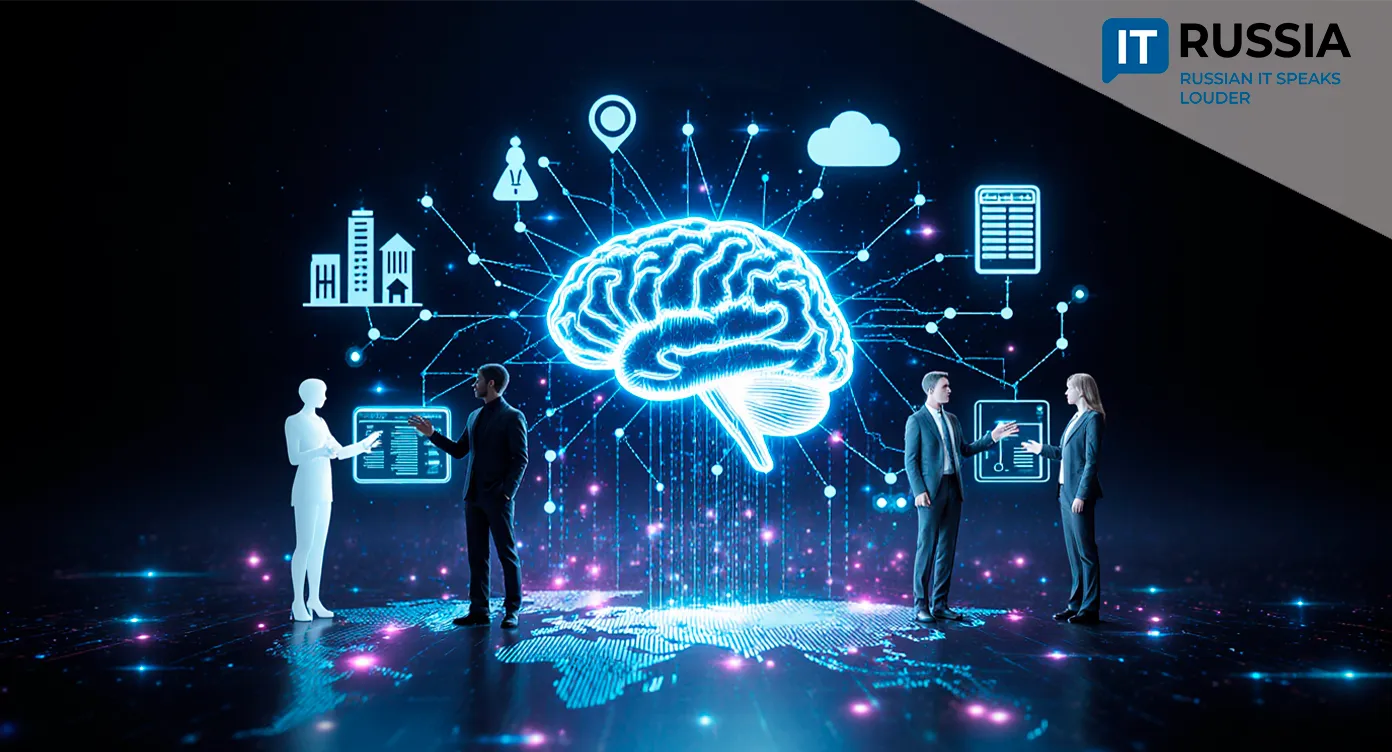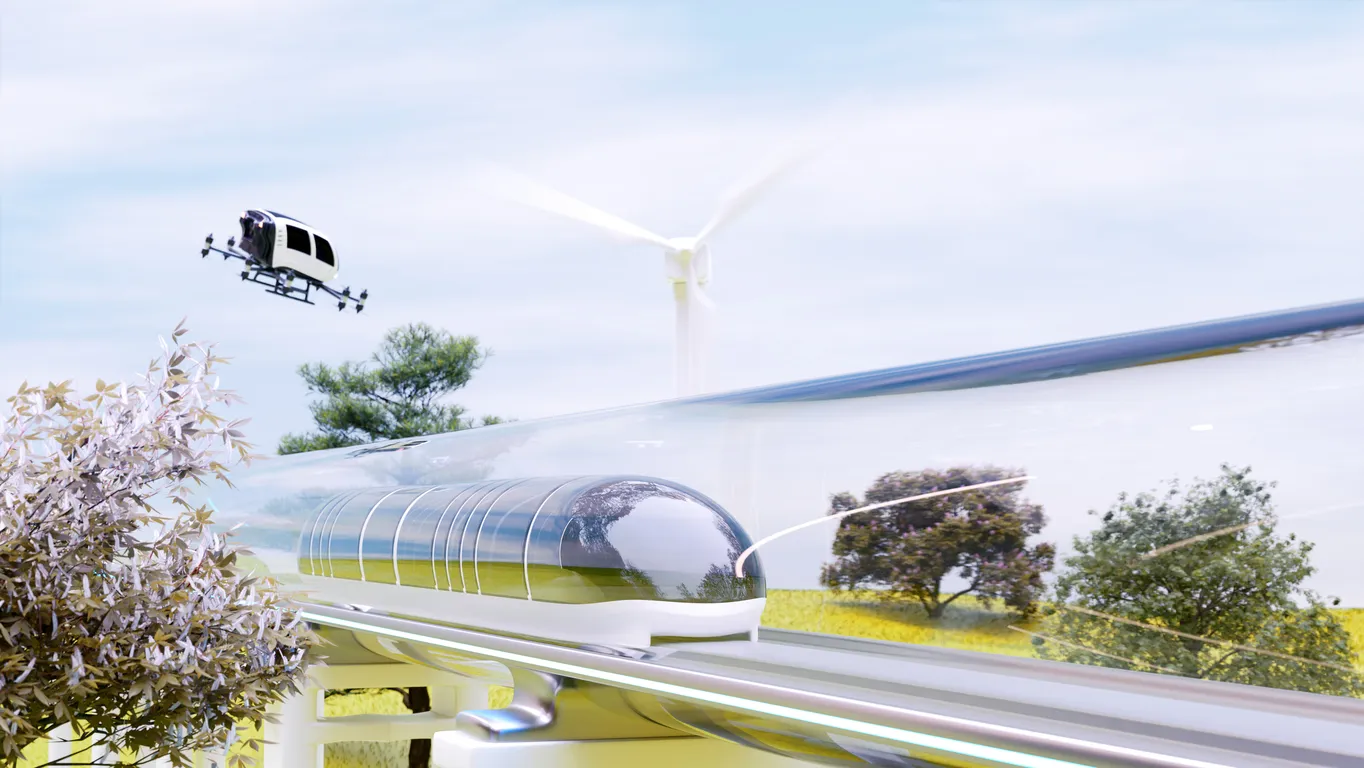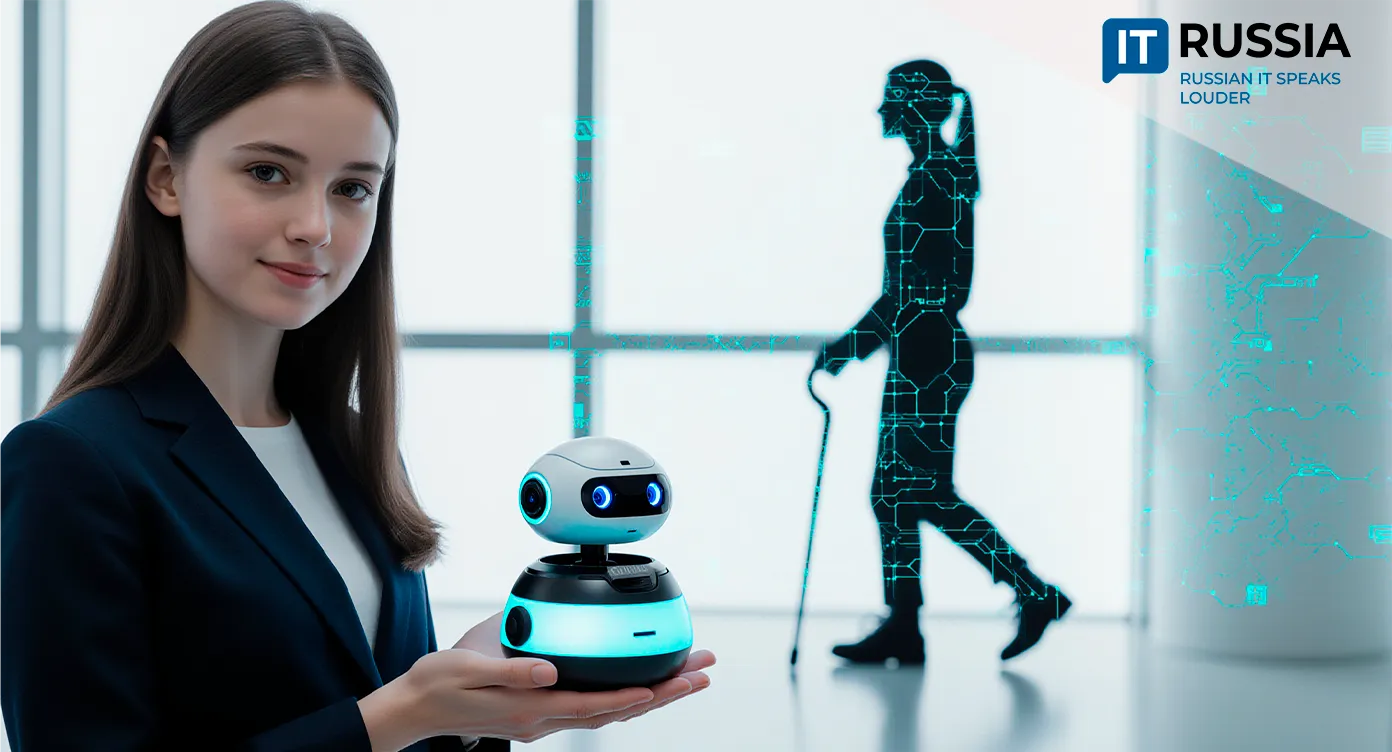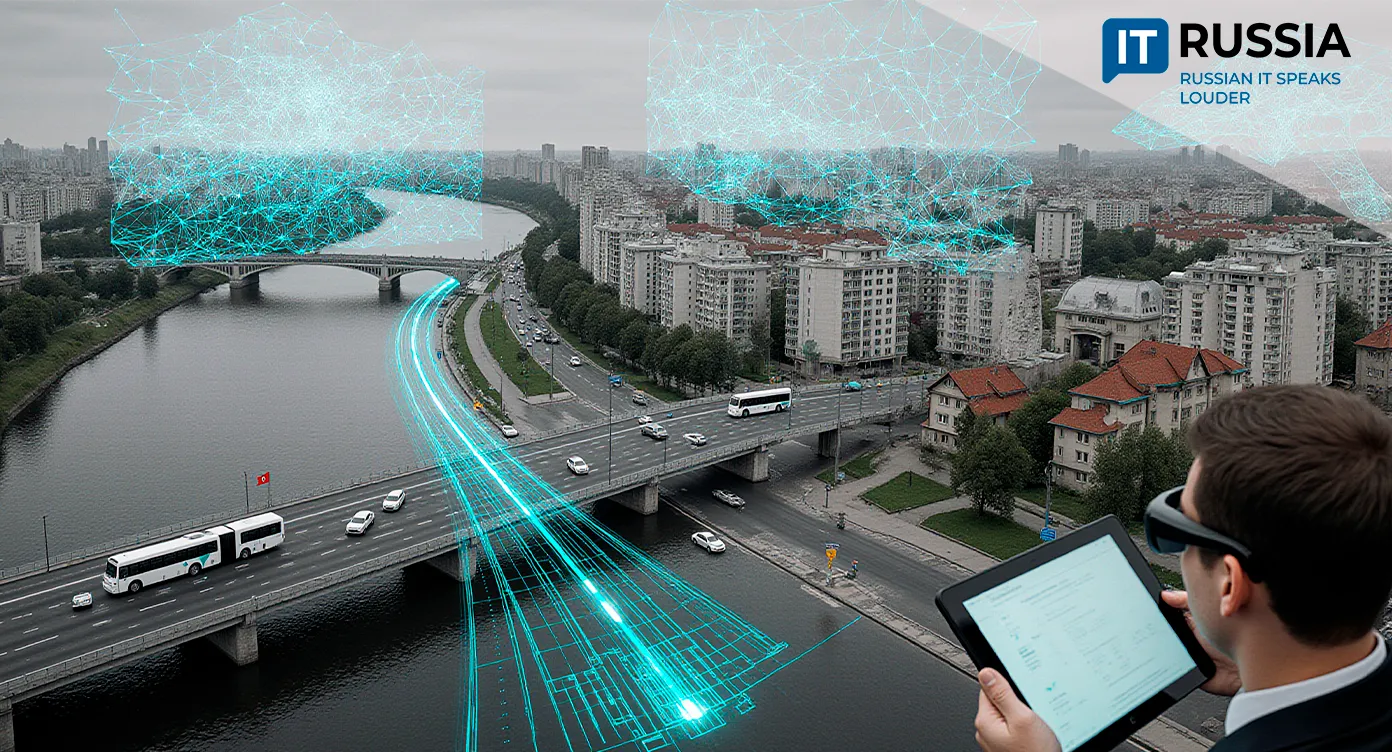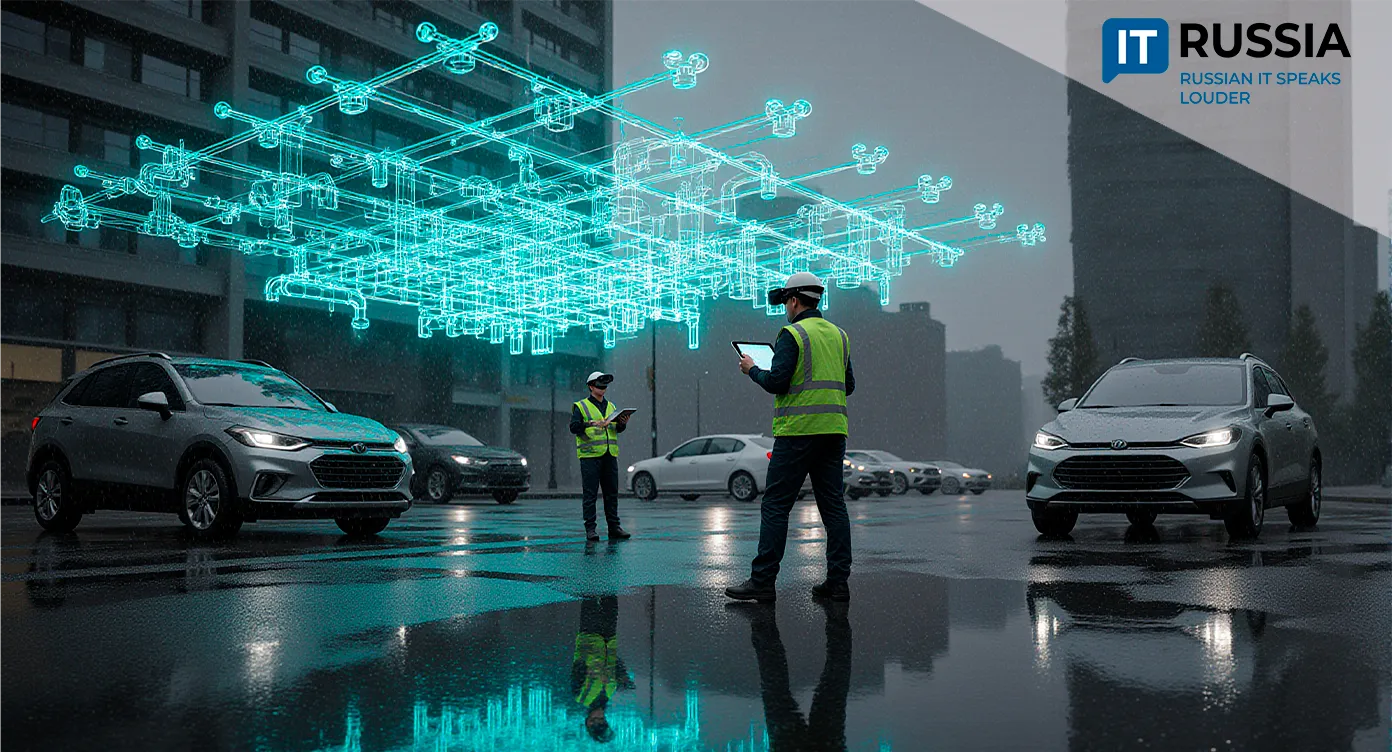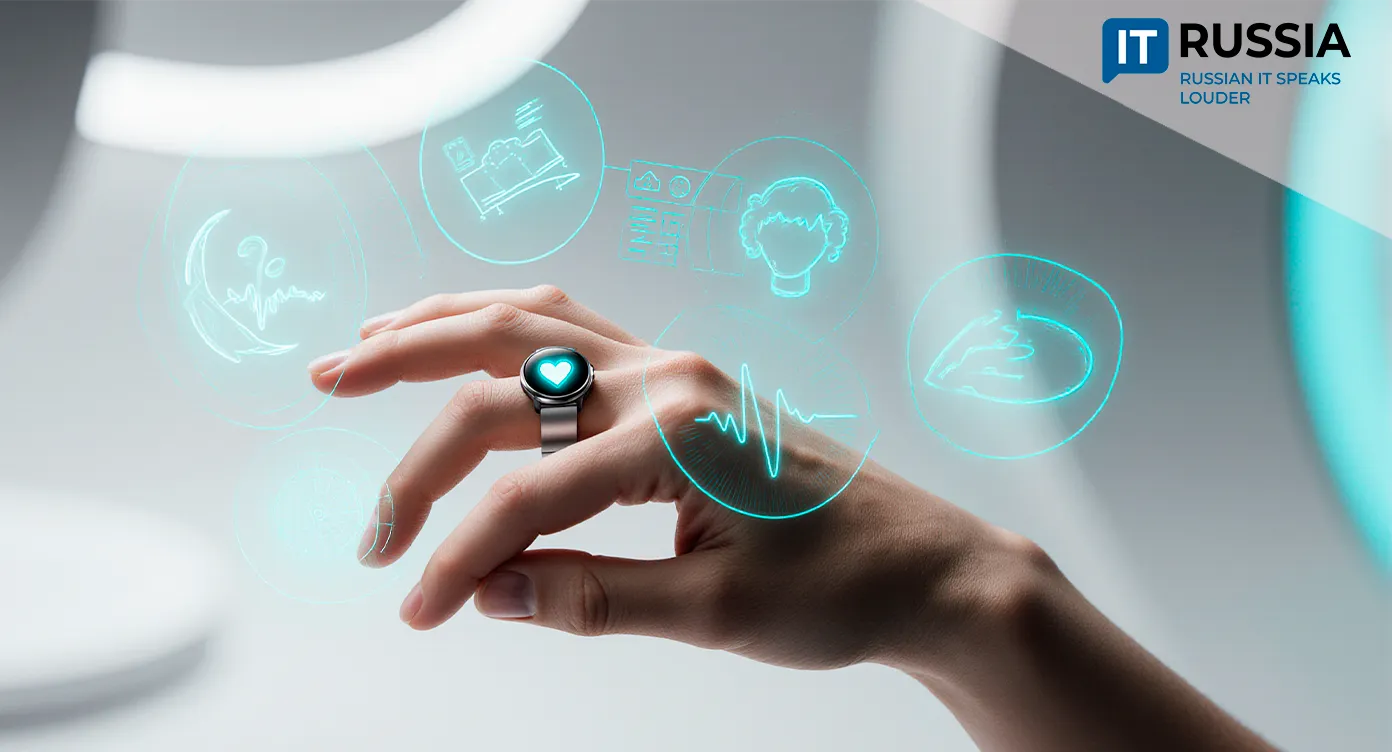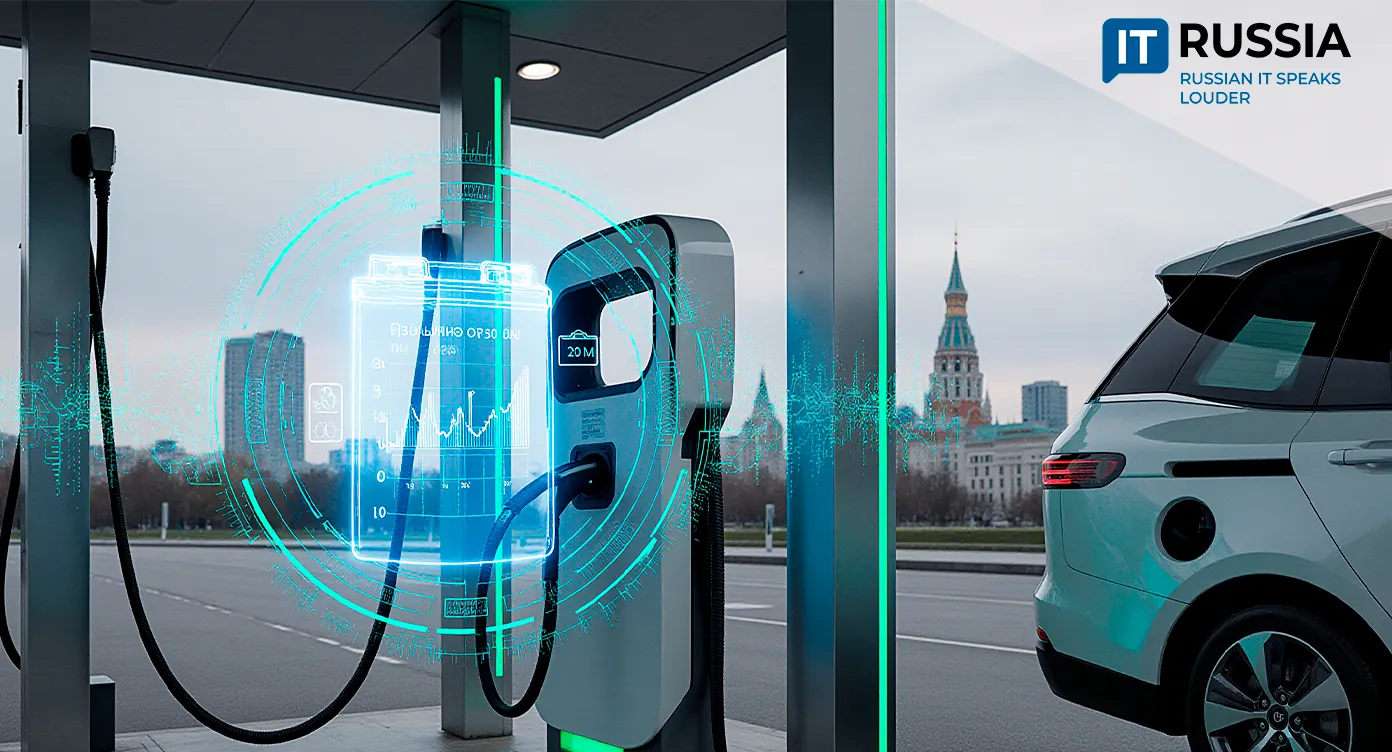“Zhenya” from Moscow Region: How a Voice AI Is Transforming Russia’s Utility Sector
The housing and utilities sector in Russia is undergoing rapid digital transformation. One of the most ambitious projects has been the deployment of the voice assistant “Zhenya” in the Moscow region.

AI Serving Millions
In Moscow Region, the large-scale integration of the “Zhenya” voice assistant into the housing and utilities hotline system has been completed. The project has not only proven its effectiveness but has also set a new benchmark for how residents interact with utility services.
According to official statistics released by the regional ministry, the robot has already handled over 333,000 calls, automatically generated around 151,000 requests in the Unified Dispatching Service (UDS), and conducted 256,000 follow-up calls to verify service quality.
It is one of the largest projects in Russia applying artificial intelligence and interactive voice response (IVR) in utilities. The 24/7 short number 122 (extension 4) has become a unified entry point for residents of the region. For citizens, this means faster and more transparent resolution of everyday issues; for authorities, it reduces the burden on human operators and creates a controllable system for monitoring service quality.
The project gained international visibility when presented at SPIEF-2024 as a humanoid robot-assistant. This highlighted its potential not merely as an automated call center but as a multifunctional social technology deployable in offline public spaces.

“Zhenya” Steps Beyond Moscow Region
The successful rollout in Moscow Region has opened several pathways for expansion.
The first is scaling across Russia. In the near term, “Zhenya” could expand its knowledge base to cover billing and metering questions, while deepening integration with dispatching services and property management companies. Its stable performance makes it a ready-made solution for replication in other regions via the unified number 122.
The solution also carries export potential. As a finished and statistically proven case, the project could be packaged as a template for countries with similar utility infrastructures. Its key advantages are a single point of entry, integration with dispatching systems, and transparent reporting.

From Utility Firms to Regional Platforms
In recent years, Russia’s housing and utilities sector has experienced a boom in voice AI deployment. The main customers for IT companies developing such products have been resource-supplying organizations and property management firms.
The company Just AI offers the “Virtual Operator,” a voice robot powered by artificial intelligence to connect property managers with residents and contractors. Developer BSS provides a full cycle of customer service automation for energy companies. Wellsoft, in August 2025, unveiled an AI dispatcher designed for property management companies.
Over the past two years, “Zhenya” has grown from a pilot project into a fully functional regional platform.
Expanding Functions and Coverage
“Zhenya” is a mature and successful example of AI adoption in utilities, already improving people’s quality of life and optimizing service operations. Key risks—such as misrecognition of complex emergency calls—are mitigated by well-designed escalation to live operators.
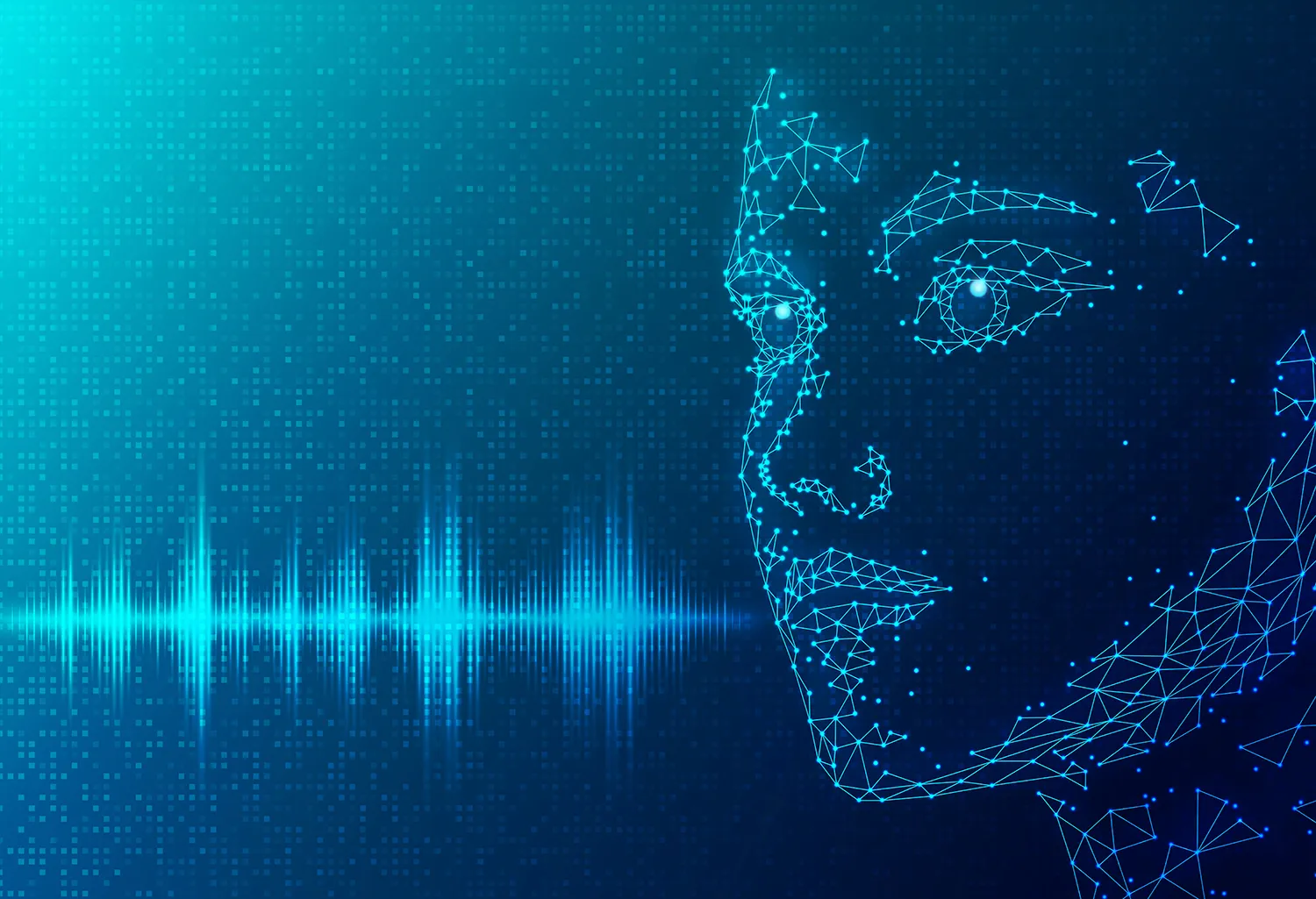
Within the next 6–12 months, the assistant is expected to gain more functionality, increase the share of proactive outbound calls, and pilot offline use in multifunctional public service centers (MFCs). At current rates, the total number of calls handled will soon surpass half a million. The project makes clear that digital transformation in utilities is not an abstract policy but a working tool already serving millions.


